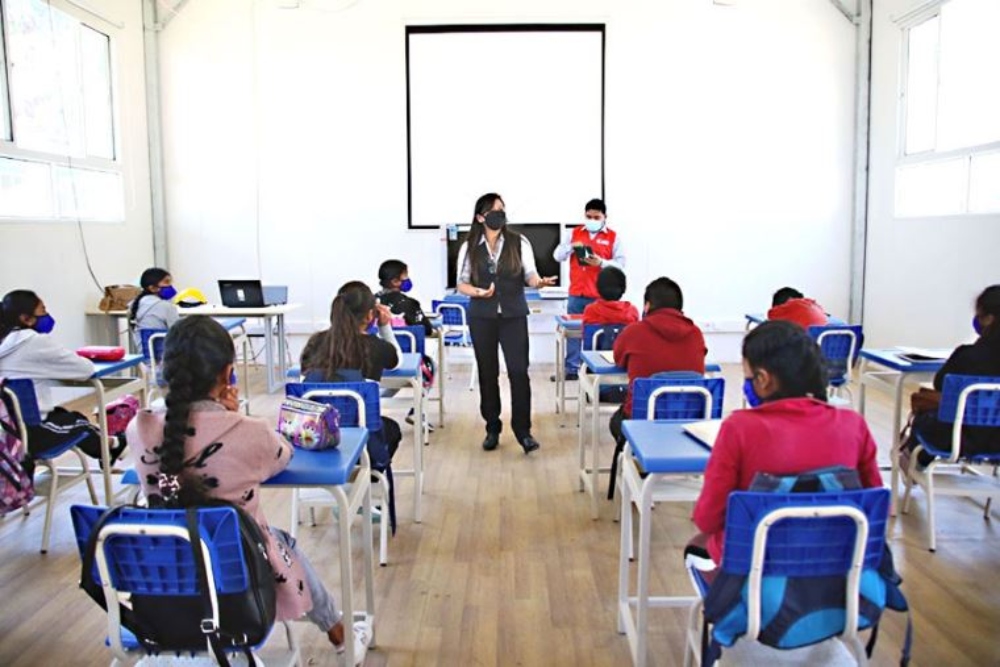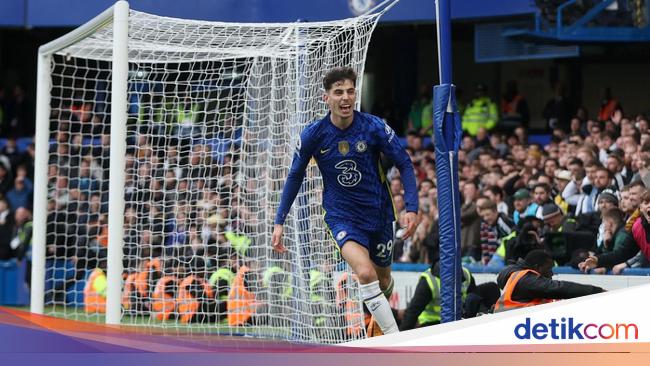This Monday, March 14, the students of public schools return to the classrooms. According to the Regional Education Management of Arequipa, approximately 360,000 schoolchildren at the initial, primary and secondary levels will return to classes, after two years of suspension due to the pandemic. A week ago, students from private schools did it.
The long-awaited return to classes occurs in the midst of the decline of the third wave that hit the country between January and February. Health authorities expressed concern that the vaccination process had been slowed down by the coronavirus. The figures showed that only 31% of children, between 5 and 11 years old, had received the first dose.
However, this gap has now narrowed. Until this Saturday, more than 90,000 minors with their first dose were counted in Arequipa, which is equivalent to 53% of the covered child population, the regional head of Immunizations, Giovanna Valdivia, told El Búho.
Likewise, the second dose was administered to 23% of children over 5 years of age in the Arequipa region. The population between that age range amounts to 175 thousand 799 children, according to Geresa.
With regard to the group from 12 to 17 years of age, coverage is greater. 85% of minors have the first dose and 75% the second dose, added Valdivia. The total population in the region is 143,277.
For his part, the Education manager, Santos Benavente Veliz, said that the return to classes will occur with 89% of teachers vaccinated with the third dose, to date. Similarly, 98% of workers in the Education sector also completed the vaccination scheme throughout the region.
Benavente Veliz stated that coordination with directors and deputy directors helped more teachers to get vaccinated. And now other strategies are analyzed with health to raise the percentage in students.
Protocols in schools for cases of covid-19
A few days after work began in private institutions, a first case of covid-19 infection was reported. A fourth-grade student at Max Uhle school tested positive for the virus, which led to the suspension of face-to-face classes and the isolation of 24 students. The minor only had mild symptoms and is currently being monitored by health personnel.
The director of the North Ugel, Rodil Jiménez, pointed out that the educational institution launched the protocol for the confirmation or suspicion of cases. In this case, tests were applied to the students, follow-up was carried out and the biosafety conditions of the campus were confirmed.
According to the protocol, face-to-face or semi-face-to-face classes must be suspended if a confirmed or suspected case of covid-19 is detected, in accordance with the quarantine period established by the Minsa. Also quarantine students, teachers and people who have been in contact with the patient. While the school must notify the authorities of the temporary suspension.
Evaluate other strategies to increase vaccination in Arequipa
The person responsible for covid-19 vaccination expressed that other strategies are being analyzed to increase coverage in minors. Some are already being applied, such as the installation of mobile vaccination points in large markets and shopping centers that helped raise the percentage of inoculation. Likewise, the fixed points in different health centers and home visits in the most remote areas, which have given effective results.
In this regard, the Education Manager of Arequipa indicated that they have proposed to the health authorities the possibility of installing vaccination centers in 172 schools in the region, which are located in 65 districts. He expressed that coordination has been made with the health authorities who have made visits to the schools and have been evaluating the possibility of vaccinating from these schools.
The objective is to increase the number of protected students, especially in those towns such as Majes El Pedregal, where low vaccination coverage for minors has been noted. Less than 45% of children had been immunized as of last week.
In this sense, the educational authority called on parents to take their children to be vaccinated so that they are protected. Although vaccination is not mandatory, it is highly recommended to avoid complications from the disease.
In the midst of this scenario, parents hope that the return to school will be safe and under optimal conditions, to avoid any future risk.
The owlfor more national news, also follow us on our social networks:
Search us in Facebook, Twitter, Instagram and also in YouTube.
–


